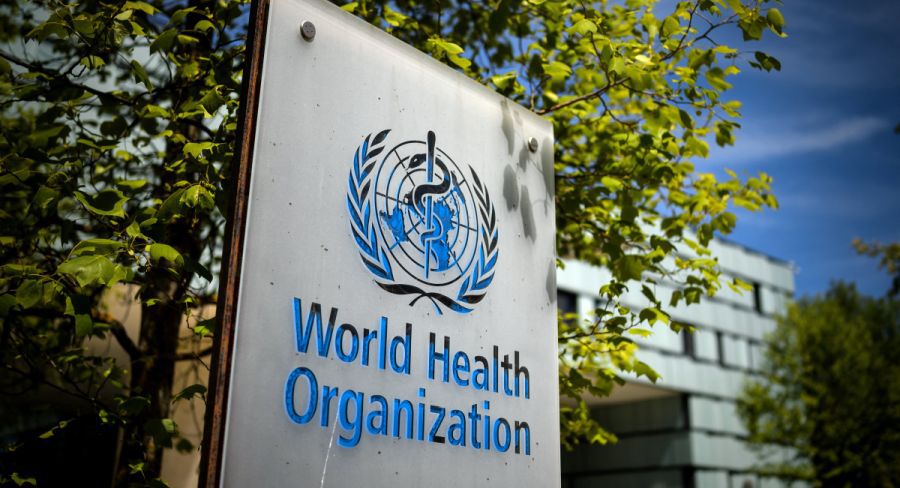
Anti-COVID vaccines could be less effective against the new omicron variant in preventing infection and the development of symptomatic COVID-19, although they seem to maintain their effectiveness against serious forms of the disease, warned the World Health Organization (WHO) .
In its weekly epidemiological report, the United Nations, which has received notifications of cases of the new variant from a score of countries, recognizes that some omicron mutations “they could increase its transmission capacity and / or allow some degree of escape from immunity ”.
It clarifies, however, that for now the evidence is limited, given the small number of cases: of the 800,000 analyzes carried out by the global network of Gisaid laboratories in the last 60 days, 99.8% are still cases of the delta variant, which it was imposed on the previous ones, and only 14 (0.001%) belong to the omicron.
In any case, given the possibility that it is more contagious and resistant to vaccines, the WHO maintains that the global risk posed by the new variant is “very high”.
Given this, the organization reiterates in the epidemiological report its call to accelerate global vaccination, especially in risk groups not yet immunized.
It also requests more data from the laboratories that sequence cases of the new variant to better understand its scope and characteristics, and the public recommends that it maintain the usual sanitary measures, including the use of masks or physical distancing as far as possible.
The omicron variant was first reported on November 24 in South Africa, although the first laboratory-confirmed cases, also in that country, were identified in specimens collected on November 9.
.
Ricardo is a renowned author and journalist, known for his exceptional writing on top-news stories. He currently works as a writer at the 247 News Agency, where he is known for his ability to deliver breaking news and insightful analysis on the most pressing issues of the day.











